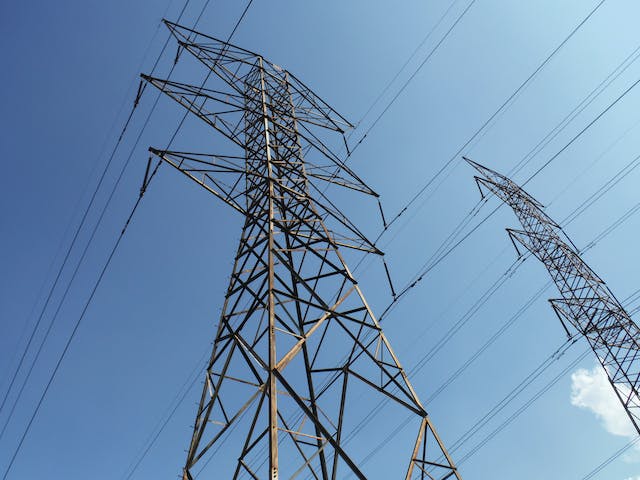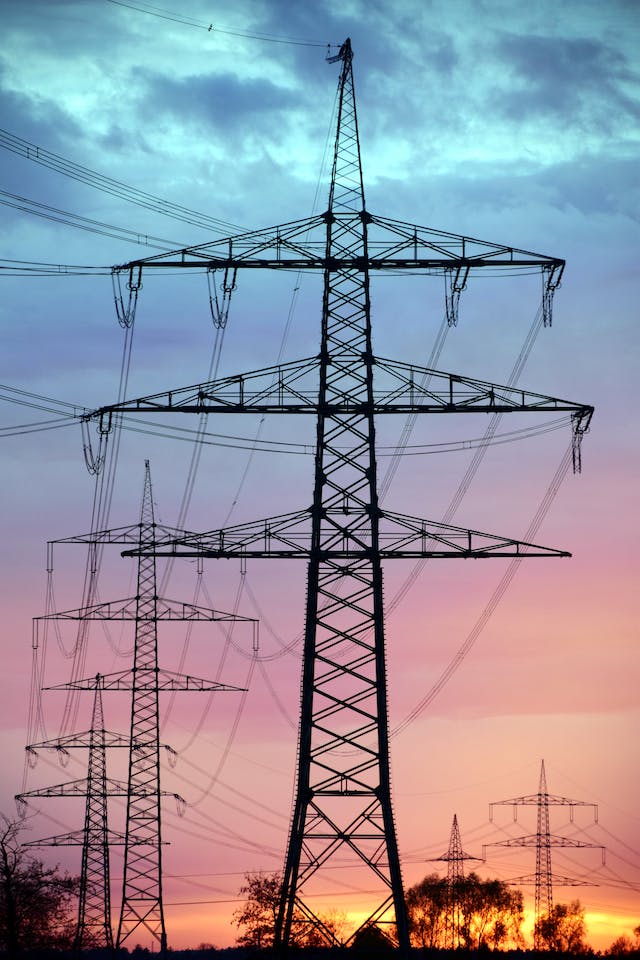Whether you’re looking to save money, wishing to get the optimum service for what you’re paying for, or just done fighting with your current company, picking the best electric provider can seem like a daunting task, especially if you don’t know where to start.
Thankfully, everything doesn’t actually need to be downright intimidating. After all, the power to choose lies within you. You just have to broaden your knowledge to be on track and be able to make a smart decision, whatever scenario you’re in.
With that, we hope to make things even easier through this guide. Listed below are the tips for choosing an electric power provider, ensuring that you never settle for less and only get the best.
1. Analyze your current situation
Analyzing your current situation is the best way to start when picking an electric power provider. Just like with any product or service that you consume regularly, you want an upgrade, enjoy something better, and of course, get more savings in the process.
That being said, you must check your previous utility bills and review how much energy you are using, how much your bill is every month, what’s the rate per kilowatt hour (kWH), what’s your current plan, and what your budget is.
Chances are you’re not aware of your current contract, as most people don’t actually read them and are not fully aware of what they signed up for. So, take time to thoroughly review and see when your contract ends, if there’s a cancellation fee and deadline, and other terms and conditions prior to moving to a new electric provider.
Having all this information can help you better determine where you stand right now and picture what you should be looking for in your next electric power provider.
2. Check the electric power provider’s reputation
As you now search for an electric provider, you might feel a bit overwhelmed, given the many options available there. Thankfully, you can easily narrow down your options and avoid those “bad apples.” Don’t fall for companies who do deceptive tactics or marketing by hiding substantial charges and fees or offering very low, enticing “teaser rates” that will skyrocket just a few months after.
For your best interest, always check the reputation of the companies on the Better Business Bureau (BBB) website. Here, you can see reviews and complaints from previous customers and get better insight if they’re trustworthy. A lot of good reviews can indicate the electric power provider’s integrity. If there are too many bad ones, that’s a red flag, and you’ll be better off crossing them out in your list of options.
3. Choose the right plan for you
After limiting your options, it’s now time to see the different factors you should consider when selecting an electric power provider. One of the most important among these is the energy plan, as it will ultimately decide how much you’ll be paying on your monthly electric bill. So, it’s best to decide on a plan in conjunction with your budget. Typically, electric power providers offer two rate plans: fixed-rate plans and variable-rate plans.
Fixed-Rate Plan
As it suggests, a fixed-rate plan guarantees the same rate throughout the length of your contract. That means that no matter what happens, whether it’s rising oil prices, severe changes in temperature, and other factors that cause upswings in the market, you will pay the same rate.
One of the main perks of this plan is having the ability to manage your budget better. You can also protect yourself from paying higher as your rate per kilowatt-hour of electricity is locked in. However, a disadvantage to this is that if electricity costs drop, you won’t be able to enjoy the savings. Should you wish to end your contract early, expect to pay a cancellation fee.
Variable-Rate Plan
On the other hand, the variate-rate plan has no locked-in rate. It is tied to the market price, which fluctuates according to seasonality, daylight, peak season, and demand. As it follows the trend, you could be paying cheaper this month and more expensive the following month despite consuming the same amount of energy. Sometimes, you can even pay higher, even if you have consumed less.
Yet, what’s great about opting for a variable-rate plan is that electricity power providers tend to be lenient. There is no commitment, and you have the freedom to switch to a different provider without incurring any penalty. Most people tend to go for a variate-rate plan and wait for prices to drop significantly before signing into a fixed-rate contract.
There are also two other but less common plans you can consider: indexed plan and prepaid plan.
Indexed Plan
An indexed plan is a hybrid plan that primarily relies on an index or an underlying asset that differs from one company to anothers to determine the price of electricity you pay. In addition to this, it also uses other elements from both variable- and fixed-rate plans.
Moreover, it can be a time of use plan, which binds the rate of your electricity to the time you use it. Some companies use this to attract new customers by providing free electricity if they use them over the weekends or during evenings.
Though indexed plans can often be cheaper on average than fixed-rate plans, it requires extensive research and monitoring to ensure you get savings.
Prepaid Plan
The final plan that electric power providers offer is the prepaid plan. If you’re the forgetful one, then this might not be for you. This type of service works like a prepaid cell phone where you need to top up a certain amount of energy. If your balance is running low and you miss topping up, you might be disconnected while watching your favorite TV series or a crucial baseball match.
The main advantage of prepaid plans is that it will allow you to control your energy consumption and limit your energy costs. You can easily monitor your balance and top up through your smartphone. Like variable-rate plans, prepaid plans also don’t lock you in a contract, so you can easily switch from one electric power provider to another.
4. Always read the fine print, contract terms, and rewards
As you come across different providers, another thing to check is fine print, terms, and rewards., which you can find on their website. Dig more into the plan details and see whether the advertised kWh rates are true and that they are no sneaky charges. Unfortunately, the majority of consumers easily get enticed by cheap kWH rates not knowing they have been tricked until they get their first electricity bill.
Meanwhile, you should also see if the electric company offers some type of rewards. Some companies offer energy-related products or gadgets if you sign up, while others provide $50-$100 in reward points if you stay with them for a specific period. Some companies also offer rebates, discounted equipment protection plans, and referral programs. Usually, there is no catch and you just have to be persistent in finding the best deal.
5. See the company’s customer service record
Before signing up, it’s also important to evaluate the provider’s customer service record. Once in a while, you may experience troubles with the service and it’s a good relief knowing that there’s always someone who you could easily reach out to, take care of the issue, and give you some answers.
You can do a thorough check by visiting the Commission for Regulation of Utilities’ (CRU) website. Annually, they release a statistics report of the complaints recorded against each supplier. It provides valuable details, detailing the different types of complaints and whether they have been fixed or not.
Alternatively, you could also use different review portals, such as Trustpilot, Sitejabber, and Google Reviews, when gauging a provider’s level of customer service. All these can be helpful in getting valuable insight and ensure that your chosen electric energy provider won’t leave you in the lurch if anything goes wrong.
Takeaway
By equipping yourself with these tips, picking an electric power provider no longer has to feel like an overwhelming task. Don’t hesitate to explore the market and conduct thorough research in the process. If you have any questions, you can also call up the provider to clear up any ambiguity. Always exercise your power to choose so you won’t have regrets and throw away money in the end.

